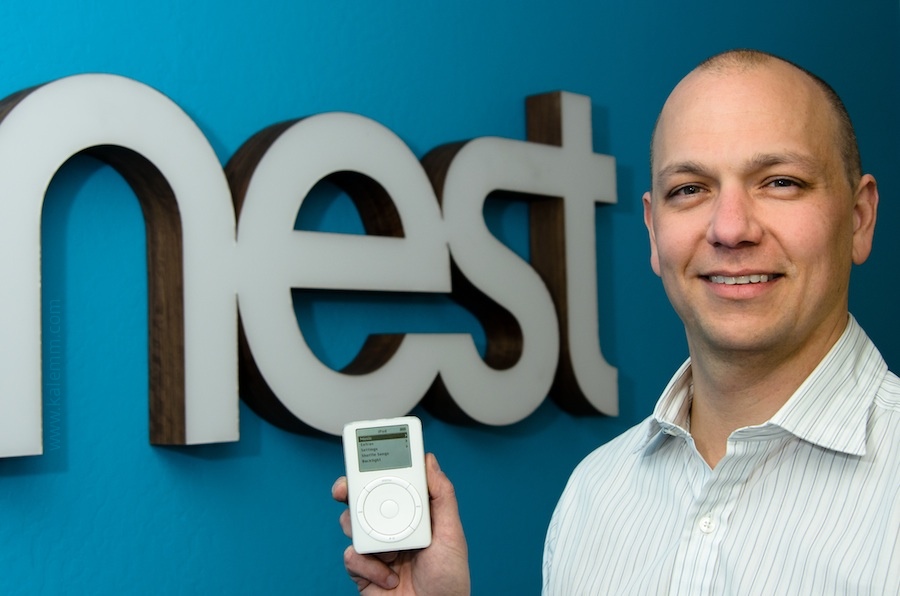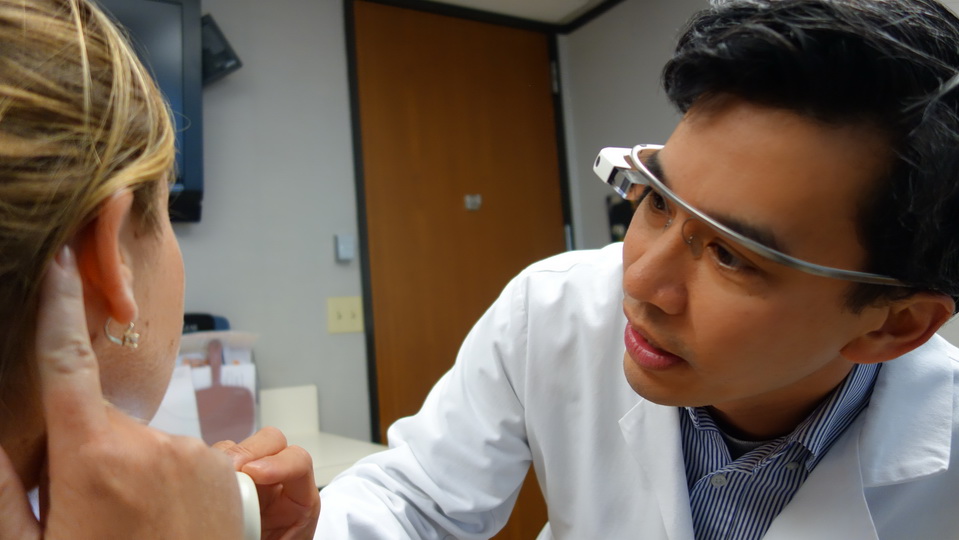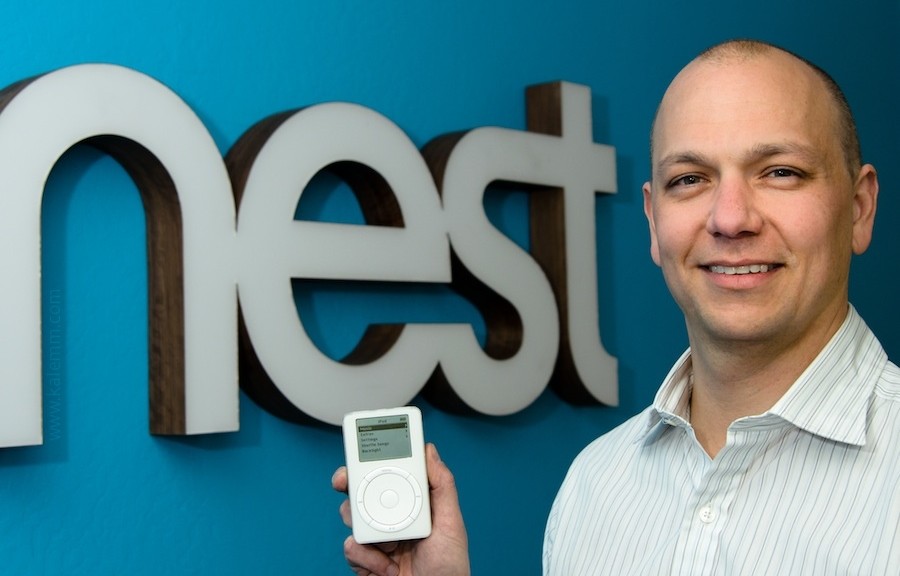At the 2015 Consumer Electronics Show earlier in January, wearable digital technology was the darling of the show.
While most of the buzz was around smart watches, Google Glass remained a status symbol worn by some geeks attending the show. The yet-young “smart glasses” scene even boasted new entrants by major players like Sony and Epson.
So, it was surprising to some, when Google announced last week that as of Monday January 19th 2015, it was halting sales of its glasses and going back to the drawing board. Perhaps not so surprising to anyone outside the bubble of CES.
The consumer product media had ridiculed the glasses and its adopters for everything from how the device looks, to potential privacy infringements.
Google announced that Tony Fadell, the father of the iPod while at Apple and the CEO of smart-home device maker Nest Labs, which Google acquired last year, would undertake the Glass re-boot.

Image courtesy of mojandroid
Under Fadell’s expert hand, the product’s redesign should help Google Glass, though concerns about the smart glasses concept remain. I recently wrote about wearable devices and adoption, and privacy issues, particularly in the workplace. The focus of that piece was a potential ban on smart glasses and what companies need to do to prepare for the Wear Your Own Device (WYOD) trend. For now, it looks like the negatives outweighed the benefits, on the consumer side at least.
However, I believe that the smart glasses concept has great potential in other areas – one of which, is healthcare. Boston’s Beth Israel Deaconess Medical Center is a prime example of how smart glasses can assist medical staff. It has developed a system that allows an ER doctor to look up information on patients by using Google Glass to scan a Quick response (QR) code on the wall of each room. It’s a great project and you can read a doctor’s blog about it here.
More recently, smart glasses for healthcare applications got another boost in the form of Augmedix, a startup with the aim of providing medical professionals with a Glass-powered records management solution.

Image courtesy of Augmedix
Enabled by Google Glass, Augmedix expedites the time physicians spend daily entering or retrieving data from electronic health records, allowing them to focus on patient care. According to the company, first launched in 2012, the service has a nationwide patient acceptance rating of more than 99 percent. The company’s CEO reports to Forbes that the Glass reboot is not cause for concern, as Google will continue to supply Glass to enterprise customers.
According to Forbes, Augmedix was one of ten companies Google lists as certified Glass at Work partners, focused on Glass-based enterprise services. More than half of them list healthcare as a major focus.
Of course, privacy issues will be consummately important for smart glasses in healthcare scenarios – as patient privacy is rigorously protected by the Health Insurance Portability and Accountability Act (HIPAA) and vigilance is of critical importance to all of us.
It’s not just about healthcare though, I think the smart glasses category has a lot to offer many fields that need quick and hands-free information, including things like rescue operations and engineering on a drilling platform.
So, where are digital glasses going? Suffice it to say, for now, it looks like away from the consumer market and into business ones.
